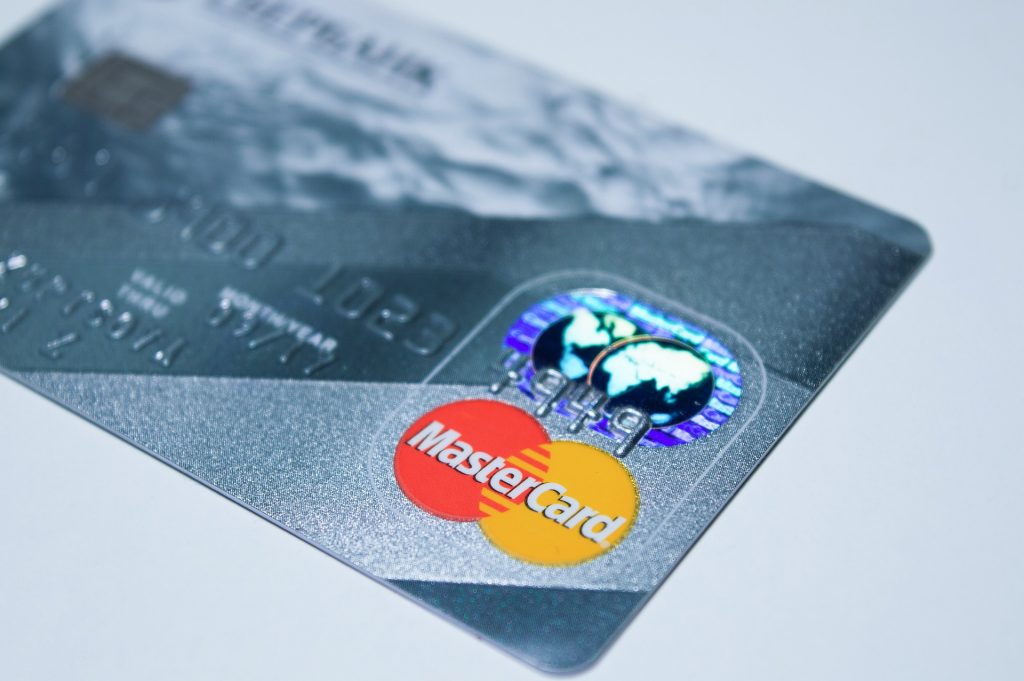When the Mastercard Track service was initially announced this time last year, it was promoted as a trade management facilitation system, with enhanced connectivity between business partners, and value-add merchant data for risk management/compliance purposes, while generally streamlining administrative burdens.
Distribution partners at the time were identified as the major procure-to-pay providers and networks. This referenced announcement, which we picked up in Business News Daily, is about expanded Mastercard Track services around payments:
‘A major financial company best known for its line of personal and business credit cards is making its way into the business-to-business payments space, as Mastercard has officially unveiled its new brand of products aimed at simplifying transactions between suppliers and sellers…Dubbed the Mastercard Track Business Payment Service, the new brand will combine multiple modern solutions for B2B transactions with a focus on real-time data collection and faster payments.’
This is certainly not an unexpected development, since Mastercard is a payments company, and its strategic imperatives during the past few years have been directed towards the massive B2B market. The industry has been full of acquisitions, partnerships and collaborations, and Mastercard has been part of that as well with the Vocalink, Transfast and Nets transactions being emblematic of its effort to broaden access to, and improve capabilities for, B2B payments.
This announcement also expands collaboration with a series of partners including Boost, CSI, TSYS, High Radius, AvidXchange and others:
“While the company has had a hand in various B2B services for a decade through its “virtual cards,” James Anderson, Mastercard’s executive vice president of commercial products, said today’s announcement stemmed from some recent acquisitions that enable the company to better serve businesses of all sizes.The business world has accelerated, but the payments that enable it are stuck in neutral,” Anderson said. “Mastercard Track helps supplier and buyer partners tackle the systemic challenges of business-to-business payments, reinventing how businesses send and receive funds so B2B payments can keep pace with innovation and liberate enterprises from the inefficiencies throughout the system.” Anderson said Track can be broken down into three main features:
-
Payment type variety and customization.
-
Utilization of common standards.
-
Detailed data exchanges. “
As we get more details, we’ll keep you posted.
Overview by Steve Murphy, Director, Commercial and Enterprise Payments Advisory Service at Mercator Advisory Group
